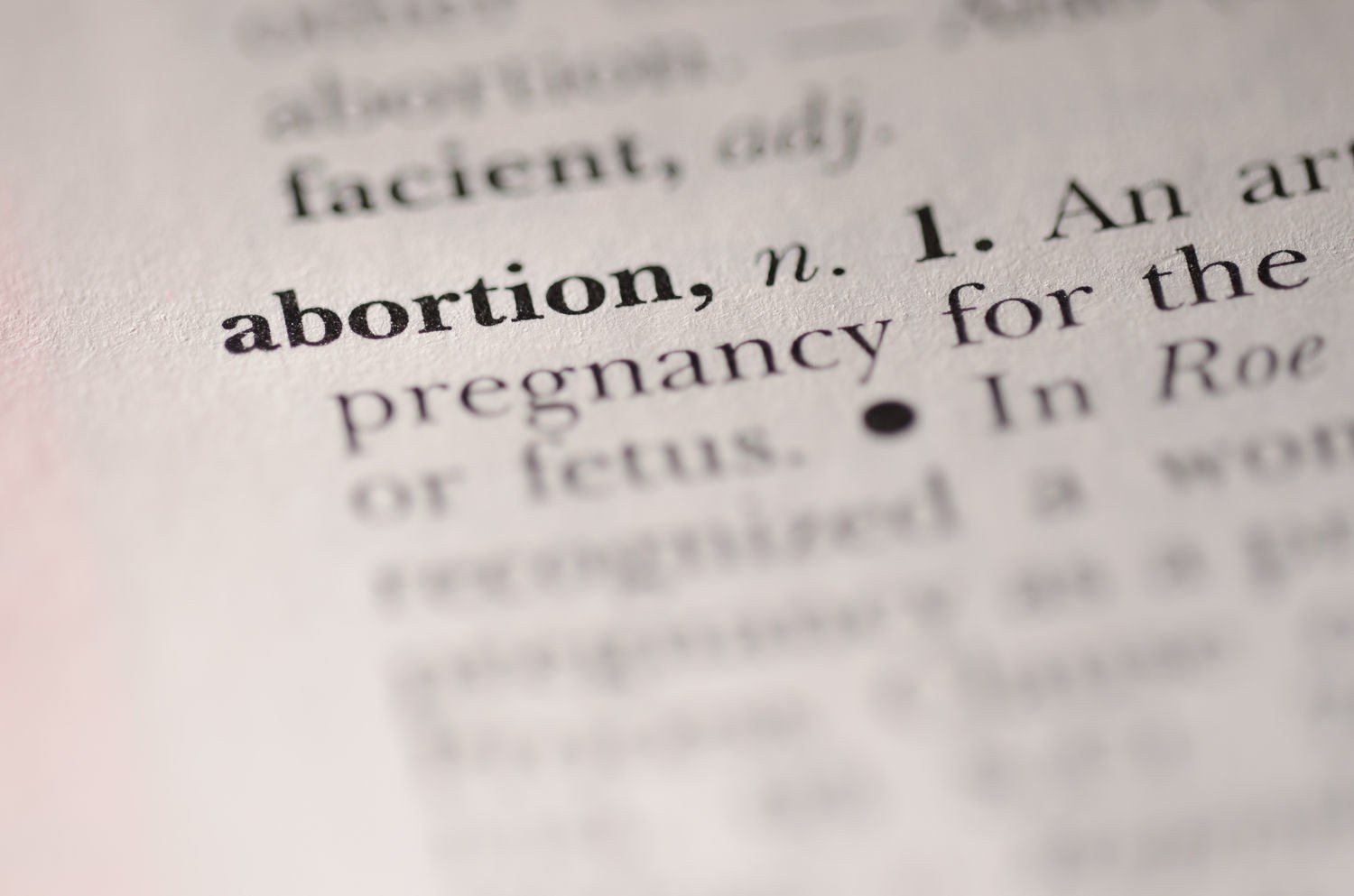The Hypocrisy in the Supreme Court's Backing of California's Anti-Abortion Pregnancy Centers

If you’re a woman considering an abortion—a legal procedure in the United States—your doctor may be required by law to present you with alternatives to abortion (like adoption) depending on the informed consent laws in the state you live in.
In fact, according to the Guttmacher Institute, 29 states require that written material on the topic of adoption and abortion be developed by the state. Eighteen states require that those materials be offered to the patient to present options and 11 states say those materials must be given to women. But now, based on the 5-4 ruling by the Supreme Court on Tuesday, crisis pregnancy centers—faith-based non-profit organizations that counsel women against having abortions—in California will no longer be required to provide the same level of information.
In short, while the law requires hospital or health center staffers to tell women seeking abortions about adoptions, it does not require counselors at crisis pregnancy centers to give information about free or low-cost abortions, prenatal care or contraceptives to women. And that hypocrisy has prompted strong responses online, where Twitter users were quick to call out the different standards being applied.
https://twitter.com/JillFilipovic/status/1011623212353024001
https://twitter.com/RepBarbaraLee/status/1011625563763757061
The debate began when anti-abortion centers argued that a California law—the Reproductive Freedom, Accountability, Comprehensive Care, and Transparency (FACT) Act—which required them to disclose information about abortions, went against their beliefs and violated their First Amendment rights.
The law had mandated that these crisis pregnancy centers disclose whether they have a medical license or have medically licensed professionals available. They also had to post a notice in a conspicuous space with the following statement: “California has public programs that provide immediate free or low-cost access to comprehensive family planning services (including all FDA-approved methods of contraception) prenatal care, and abortion.”
The court ruled that the law probably does violate the First Amendment and kicked the case back to lower courts for further proceedings, which is seen as a victory for anti-abortion groups.
Justice Clarence Thomas delivered the Court’s majority opinion writing that the law “targets speakers, not speech, and imposes an unduly burdensome disclosure requirement that will chill their protected speech.”
However, Justice Stephen Breyer called out what appears to be hypocrisy in his dissent: “If a State can lawfully require a doctor to tell a woman seeking an abortion about adoption services, why should it not be able, as here, to require a medical counselor to tell a woman seeking prenatal care or other reproductive healthcare about childbirth and abortion services?”
If informed consent, while not encroaching on constitutional rights, is the goal, it’s hard to see how this ruling accomplishes that. The reason the law came about in the first place was based on the belief that crisis pregnancy centers were willfully misleading patients.
According to the Los Angeles Times, state lawmakers concluded that “as many as 200 pregnancy centers in the state sometimes used ‘intentionally deceptive advertising and counseling practices that often confuse, misinform, and even intimidate women’ about their options for medical care.”
Tuesday’s ruling will likely impact cases regarding similar laws currently making their way through the courts.
While the abortion debate may never come to an end, the Supreme Court’s ruling today has certainly changed the landscape for many women, and at the very least, highlighted a hypocritical standard and a slippery slope.



